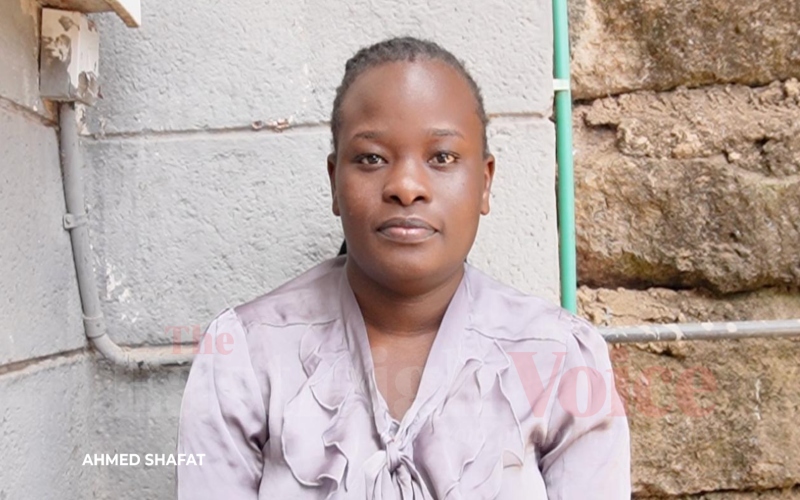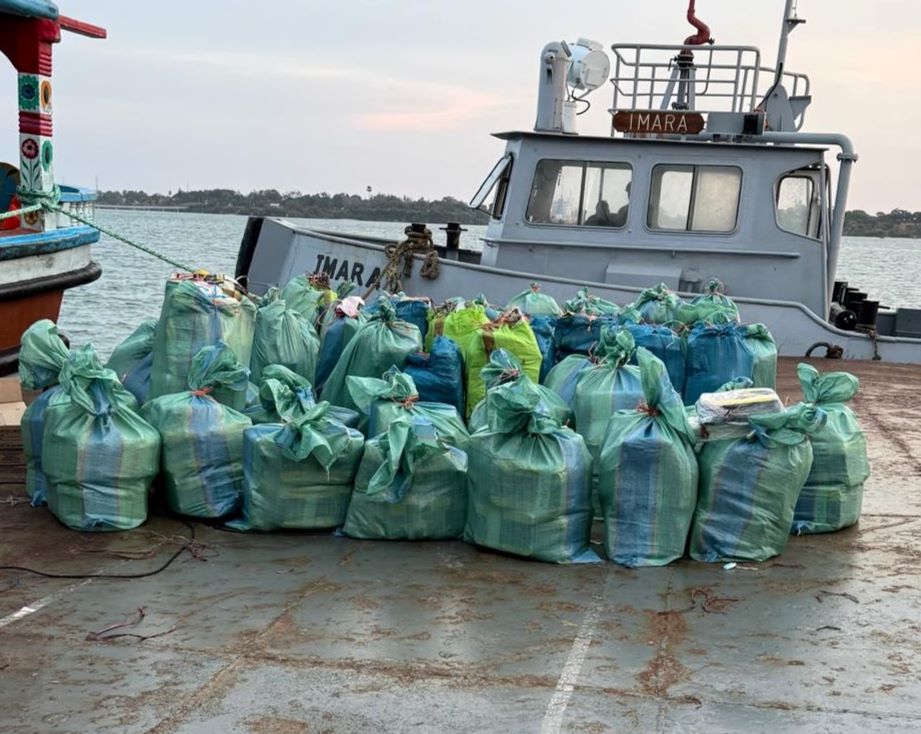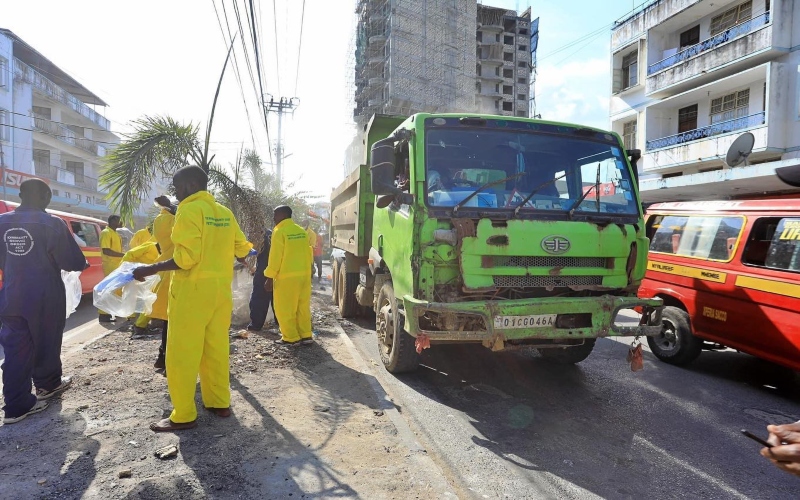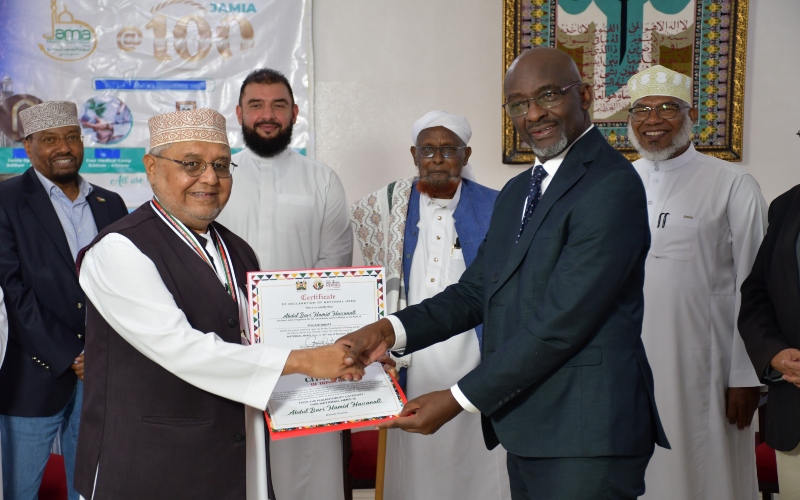Mpox crisis deepens in DRC as overcrowding, exploitation fuel disease spread
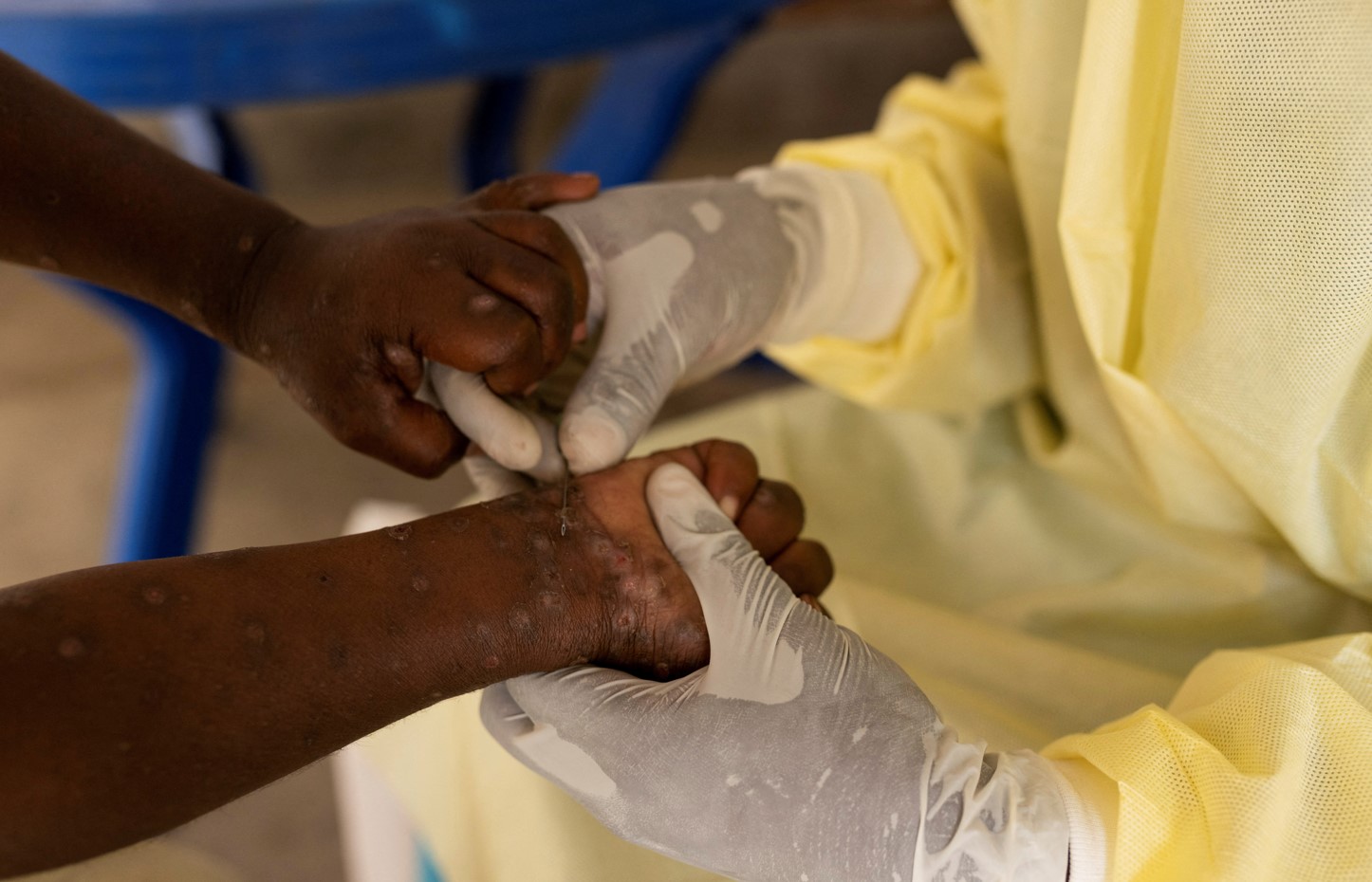
Mpox, formerly known as monkeypox, is not new to the DRC. The disease is endemic in various regions, with case reports rising over the past decade.
Mpox has long been a pressing issue in the Democratic Republic of Congo (DRC), with the disease becoming increasingly entrenched over the years.
The persistence of mpox in the DRC is largely driven by dire living conditions, widespread sexual exploitation, and a severe lack of essential resources, as highlighted by Doctors Without Borders (MSF).
More To Read
- M23 rebels deny looting gold allegedly linked to President Tshisekedi's family at Twangiza
- 50 African grey parrots freed in DRC after year of rehabilitation
- Namibia declares mpox outbreak after confirmed case in Swakopmund
- Congo: Are M23 rebels really advancing toward Kinshasa?
- Conflicts in DRC and Sudan threaten COMESA integration, warns Secretary-General Chileshe Kapwepwe
- Tshisekedi, Kagame trade barbs at Brussels Gateway Forum over DRC conflict
Many families are confined to overcrowded shelters with minimal access to clean water, proper sanitation, or soap, which significantly hampers efforts to prevent the disease's spread.
“Malnourished children lack the strength to combat complications, and the variant’s transmission through sexual contact exacerbates the risk in displacement sites plagued by high levels of sexual violence and exploitation,” said MSF.
Mpox, formerly known as monkeypox, is not new to the DRC. The disease is endemic in various regions, with case reports rising over the past decade.
In the Kivu, the virus has mutated into a more transmissible form, raising serious concerns as cases have emerged in densely populated areas like Goma—a city with two million residents—and in sites housing hundreds of thousands displaced by the ongoing conflict in North Kivu.
Mpox primarily spreads through close human contact but can also be transmitted via contaminated objects and surfaces. First identified in the DRC in 1970, the disease had been largely neglected in the region, according to the World Health Organisation (WHO).
Despite being endemic to central and West Africa, mpox sparked a global outbreak in 2022, leading the WHO to declare a public health emergency in July as it spread to multiple countries.
Though the lethality of this new strain appears limited, significant concerns persist. The inadequate conditions for preventing its spread around Goma and the constrained capacity to care for at-risk patients, such as young children and those with advanced HIV, are troubling.
Doctors Without Borders consistently highlighted the inhumane conditions in the camps and the severe gaps in the humanitarian response.
Over two years into the so-called “M-23 crisis” and the subsequent mass displacement, families in overcrowded camps continue to lack basic necessities such as food, water, safety, hygiene products, sanitation, and healthcare.
Other diseases
For those seeking refuge in these camps, mpox is just one of many hardships, including other serious diseases like measles and cholera.
Addressing mpox requires improving living conditions through tailored responses that meet people’s needs. Providing basic infection control supplies—such as water, soap, and disinfectant—is crucial.
Relying solely on vaccines is insufficient; improving overall living conditions is essential for effectively fighting outbreaks.
Other Topics To Read
On August 15, the WHO declared the rise in mpox cases a Public Health Emergency of International Concern (PHEIC) due to increasing infections in multiple countries, especially in Africa. The WHO has called for enhanced surveillance, vaccination, and public health measures to control the outbreak.
In the DRC, reported cases surged last year, and this year’s figures have already surpassed last year’s total, with over 20,000 suspected and confirmed cases and more than 630 deaths reported from January to September 2, 2024.
Individuals with mpox are considered infectious until all their blisters have crusted over, the scabs have fallen off, a new layer of skin has formed underneath, and any lesions, including those on the eyes and elsewhere in the body, have healed. This process usually takes between two to four weeks, and reports suggest that re-infection can occur even after a person has recovered.
Severe cases of mpox may require hospitalisation, supportive care, and antiviral medications to alleviate symptoms and expedite recovery. The longstanding neglect of this disease has had a significant impact on local communities in the DRC.
However, a long-awaited breakthrough is on the horizon: a vaccine is expected to arrive in the camps by Thursday, offering hope after years of struggle with the disease.
Top Stories Today



